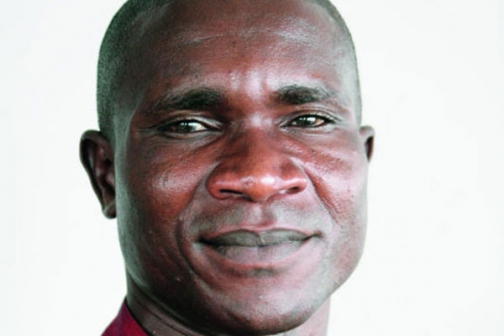
NAIROBI: In the first weeks of 1993, as Kenyans were settling down to absorb the full importance of the first multiparty elections held in the final days of 1992, Bonchari MP Protus Momanyi defected from Mwai Kibaki’s Democratic Party to Kanu. It was a bombshell but worse was on the way. Momanyi had been a late comer to Opposition. He had been a Kanu die-hard who tried to get the party’s ticket but ran into the strong headwinds of Simeon Nyachae in Kisii forcing him to defect to DP. In the elections, Momanyi secured 6,034 votes on the DP ticket against his closest challenger Mark Bosire of Kanu who got 4,288 votes. In the by-election that followed in 1993, Momanyi secured 5,504 votes on a Kanu ticket against Ford-Kenya’s Richard Mbeche who polled 1,276 votes.
Kanu had obviously been forced mostly by the US to allow multi-partysm. It was never interested in multipartysm and never forgave its proponents. As soon as the 1992 elections were over, it came out strongly to reinstate what it believed in; single party rule in the name of unity and development, the same language Jubilee is speaking today. If the Opposition knew Kanu was going to fight back to kill competition, it certainly did not expect the fight to start immediately after 1992 elections. Dr Momanyi defected to Kanu before he was even sworn in as MP.
Then the trickle became a flood. After Momanyi in Kisii, Western Kenya came into play. Between August 1993 and August 1994, Ford Asili lost five Luhya MPs and several councillors in quick succession. Nicodemus Khaniri of Hamisi defected to Kanu in August 1993 followed by Apili Wawire of Lugari in November. Japheth Shamallah followed in Shinyalu, Benjamin Magwaga in Ikolomani and Javan Onami in Lurambi.